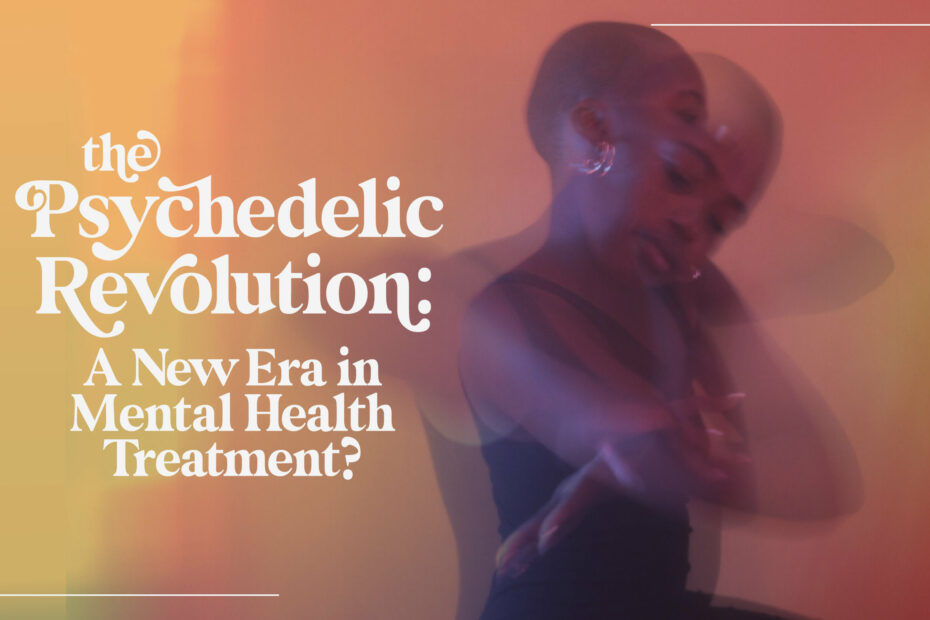Suppose you have spent several minutes or hours scrolling through the Internet (including social media), reading about disheartening news stories, looking at photos of your ex-partner, and reading hundreds of comments or retweets about a controversial topic from someone you don’t know. In that case, you are engaging in “doom scrolling.” Doom scrolling is a cultural term coined in 2018 on Twitter but became popular during the 2020 COVID pandemic as people “doom-scrolled” on their phones as they watched the world shut down. When you find yourself scrolling through news or social media on your phone but can’t even remember why you are reading this news story or how you even got on your phone in the first place, you are engaging in doom scrolling. This mindless scroll is often used as an escape from reality and a way to be in control in an “out of control world,” but can doom scrolling negatively impact your mental health?
There have been plenty of studies proving that frequent and long-term social media use (and screen time) can lead to depression, anxiety, poor sleep, and overall poor mental health. Hence, it’s not surprising that doomscrolling can impact your mental health.
Why do I doomscrool?
Pandemics, natural disasters, and bad news often lead individuals to “dive deep” into these stories to try to find out information about the unknowns, and the more we dive into these stories, the more we get stuck in uncontrollable and uncomfortable thoughts which can be eased by getting related answers about the unknown. The desire to collect all the facts to keep ourselves away from danger and to maintain a sense of control over the negative news stories keeps us engaged, scrolling on our phones for hours at a time, looking for more news and information. Social media platforms are well aware of our scrolling habits and, as a result, create personalized algorithmic systems to serve up more “doom scrolling” worthy stories based on our recent scrolling history. This vicious never-ending cycle leads to the loss of self-control, anxiety, wasted time, and poor sleep.
Does doom scrolling affect my mental health?
Doom scrolling has become a cause for concern and mental well-being since the beginning of the pandemic, and although there is not much evidence on the effects of mental health, some studies are emerging. A study published in 2022 looked at the relationships between doom scrolling, mental health, and personality traits and found that individuals with certain personality traits were more prone to negative effects associated with doom scrolling. Individuals with neurotic personality traits were more likely to engage in compulsive doom scrolling and have stronger reactions and negative emotions associated with doom scrolling. Individuals who are extroverted and known to have “agreeableness” traits are more likely to use their phone in a socially healthy way and are less likely to use their phone problematically, making them less susceptible to the negative effects of doom scrolling.
This study also showed that doom scrolling positively correlates with social media addiction and FOMO, which are known to have negative mental health effects.
Doom scrolling is known to cause psychological distress, which is known to reduce mental well-being.
“The findings showed that psychological distress mediated the relations between doomscrolling and mental well-being, life satisfaction, and harmony in life. In other words, individuals who are more engaged with doom scrolling are more likely to experience psychological distress, which in turn leads to lower mental well-being, life satisfaction, and harmony in life”.
When you engage in doom scrolling, your mind starts to race, and you can become mentally burned out. Doom scrolling can also make you feel uncertain, anxious, or distressed, and these feelings can impact your sleep, motivation, and desire to do things you usually enjoy. Individuals with anxiety disorders, obsessive-compulsive disorder, and depression who engage in doom scrolling risk experiencing worsening symptoms or flare-ups due to the stress associated with doom scrolling.
Another study surveyed people about the level of their news consumption in terms of doom scrolling and its effects on their mental health. 74% and 61% of individuals with severely problematic news consumption levels reported mental health problems and physical problems, respectively, compared to 8% and 6.1% of all other study participants.
How do I take control of my doom scrolling?
If you’ve found yourself in a swirling vortex of doom scrolling that takes place multiple times a day, it’s time to do a mental health check-in. First, it’s important to recognize the doom-scroll spiral you are in so that you can take a step back and ask yourself, “Why am I doom-scrolling”? Are you feeling vulnerable, lonely, or overwhelmed? Are you stressed out at work or unhappy with your personal life? Decide what you want to call your “funk” and take simple steps to seek comfort and support, whether in the form of a friend, your partner, your four-legged companion, or comfort and rest on a personal mental health day. As for help, whether that is help at work, help from your loved ones, or help from a therapist.
- Stay informed, not consumed: Gather unbiased, educational, and positive sources of information.
- Set a time limit: Limit yourself to 20 minutes or 1 hour of social media and news scrolling daily.
- Unfollow, restrict, and turn off: Unfollow accounts that don’t serve you or trigger you and turn off notifications on your phone so you are inundated with notifications to make you feel pressured to start scrolling.
- Engage in real-world offline life: Put your phone down and spend time in real life, whether it is exercising, doing something fun in the outdoors, engaging with friends, or cooking dinner.
- Avoid doom scrolling before bed and in the morning: Avoid scrolling on your phone 2 hours before bed and right when you wake up. That way, your mind can be clear so you can get a good night’s rest and wake up reflecting on something positive rather than doom scrolling on your phone.
- Note how doom scrolling makes you feel: If you catch yourself doom scrolling, check in with yourself and note how you are feeling. If you feel sad, stressed, or agitated, take a break from your phone and do something else.
- Engage in positive news: Not all news or social media consumption is negative. Make it a point to follow accounts and news stories focusing on positive and uplifting events.




